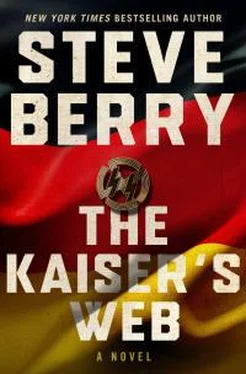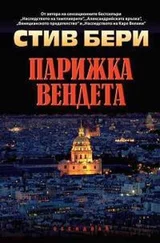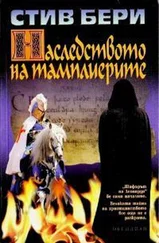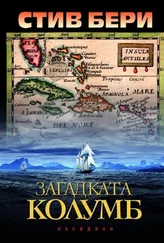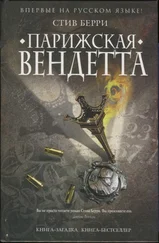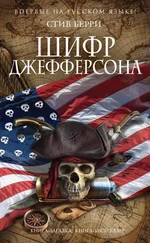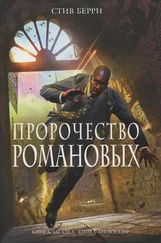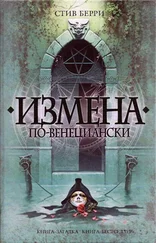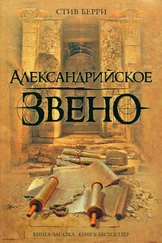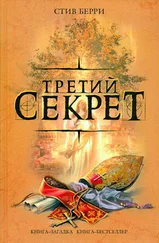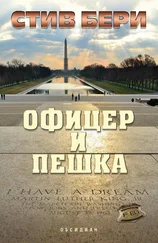He raked the crowd of reporters and the camera lens with his gaze.
“My opponent’s personal attack, though, is puzzling. On the one hand she advocates free debate. She demands vibrant discussion as a way for us to confront our past and deal with our legacy.” He paused a moment. “So why do books that advocate a premise so patently contrary to documented history cause her concern? Are not these authors entitled to the same opportunity to air their positions? Free speech does not mean censorship of what we, individually, might find ridiculous, absurd, or offensive. The right is available to all, without qualification, and my publishing houses have never taken on the role of censor.”
He motioned to the books stacked on the cobbles before the podium.
“All of these volumes have likewise been published by my companies. They were written by noted historians and Jewish advocates, and detail all that occurred from 1933 to 1945 in the minutest of detail. They are not in any way flattering to this nation, but represent what each individual author has determined to be the truth. Many of these have won awards and are recognized as definitive historical works in their field.”
He hesitated again, catching his stride.
“Behind me rises the statue of Roland, the symbol of this city, which represents Bremen’s long-standing tradition of independence and tolerance. It is said that so long as this statue stands Bremen will remain free. I believe in freedom. It is paramount to my political philosophy. But unlike my opponent, I do not see the need to filter that freedom through a sieve that traps ideas that I, personally, find offensive. Instead I trust the German people to read, study, and evaluate what they want, when they want, and how they want. Reject the absurd, accept the logical. That is your right.”
Several of the reporters he’d long ago concluded were friends bobbed their heads in unison. This was turning out to be a great day, especially after Josef Engle had reported that everything in Chile was proceeding precisely according to plan. Just a few more days and the world press would have a story of epic proportion, all verified by a former American Justice Department lawyer and an ex-president. Marie Eisenhuth’s puny attempt at political grandstanding would be totally forgotten.
He swept his arm in an arc and motioned at the statue rising behind him. “On this monument is proclaimed, FREEDOM DO I GIVE YOU OPENLY. It is the motto of this city-state and has served the citizens of Bremen for centuries. Roland was a brave, dynamic individual. He was not afraid to lead, but he was equally courageous in trusting the people. I believe the same. For every Nazi, neo-Nazi, right-wing sympathizer, or Hitler fanatic there are tens of thousands who think otherwise. My opponent’s brazen insult to the people of Dachau, her lament that no one cared about that suffering, was uncalled for and wholly unnecessary.”
He stared straight at the cameras and provided the sound bite his public relations people assured him would make the news.
“Winning an election should not entail the disparagement of a great nation.”
Satisfied, he stepped from the podium and, unlike Eisenhuth, indicated that he would take questions. The reporters swarmed close, aiming their cameras, thrusting forward their recorders. Now the evening news broadcasts would contain two reports. One from Dachau in the south, the other from Bremen in the north. Viewers could decide for themselves which message they embraced, and the overnight polls would confirm their decision.
Tomorrow could truly be a new day.
CHAPTER TWENTY-FOUR
CHILEAN LAKE DISTRICT
12:15 P.M.
Cotton emerged from a wooded path onto the grassy hillock where the hacienda stood. Everything was sodden from rain that had passed over during the night. Spears of sunlight broke through remnants of low gray clouds and stabbed the far-off mountains in shafts of gold, eventually becoming lost in vast evergreen forests below. A swarm of pastel-colored birds fluttered in the warm, moist air. A strong autumnal nip suggested winter might be early this year.
He’d driven himself from Los Arana.
One of the carabineros had transported Cassiopeia south to the airport at Puerto Montt. The other policeman had offered to accompany him but he’d refused, preferring instead to work alone. Surprisingly, the officer had not made an issue of the matter and said he’d wait at the chalet for him to return, available by phone if needed, supplying a contact number.
The house appeared quiet, just as yesterday.
He studied the surrounding terrain and noticed a pasture off to the west, the field overgrown with wild grass. Was this once a Nazi hiding place? A refuge where men fleeing postwar justice hid along their own personal path to obscurity. Interesting how so many, who so willingly pledged themselves, so quickly fled the cause. Few after the war stood by their supposed beliefs. Once power and status faded, so went their enthusiasm. Truly rats on a sinking ship. Was one of their safe harbors now standing before him?
Maybe.
He was on the hunt.
Which he loved.
Like bookselling, which was actually his current occupation. Plenty of hunting to do there. Three months after he opened his shop he was lucky enough to find an 1806 copy of Lord Byron’s Fugitive Pieces. Then he found an excellent first printing of Arthur Conan Doyle’s A Study in Scarlet and Robert Frost’s Twilight. He sold all three to collectors for nearly three hundred thousand euros, netting enough to carry him through the first year of business. Those deals also cemented his reputation as a man who could find what somebody wanted.
Which was exactly his mission here.
Near the house, movement caught his attention.
A man. Middle-aged.
Thoughts of the two men with rifles yesterday advised caution. His weapon was tucked tight at his spine and he folded his right arm back, ready to palm the gun.
A stiff breeze blew up a snuff-colored poncho, but an oversized black hat stayed put thanks to a chin strap. The guy wore a leather apron the color of his sunburned skin, a sheathed knife dangling from his left hip. The face was lined and furrowed, a splotch of a mustache evident beneath a hooked nose. The newcomer was busy inspecting the walls.
“Buenas tardes,” Cotton called out. The man turned, spied his visitor, then strolled over through wet grass. “Do you speak English?”
“Of course. Does not everyone?” A smile accompanied the observation, revealing upper teeth so badly mangled it looked like two rows.
“You a gaucho?” From the dress he thought the man might be one of the famous cattle handlers from a nearby ranch.
“Hardly. They exist only for tourists. But there was a time when I would have wanted to be one.”
Cotton introduced himself and explained why he was there.
“I watch over this place. Carabineros found me yesterday and wanted to know about some Nazi things inside.”
“What did you tell them?”
“The last time I was here those things were not.”
“When was that?”
“A couple weeks back. I come only when I have to.”
He sensed something in the declaration. “Why is that?”
Off to the east, at the edge of dense woods, a uniformed carabinero emerged from the thickets, a rifle slung over one shoulder. He recalled what Vergara had said about having the house watched.
“I noticed him when I first arrived,” the man said. “This place breeds trouble. It’s a racupillán. ”
He gave him a quizzical look.
“A local Mapuche word. House of the devil.”
“Sounds like you’ve been around awhile.”
“My whole life.” He swept an arm out into the air. “All this was for Germans. They bought this land long ago.”
Читать дальше
